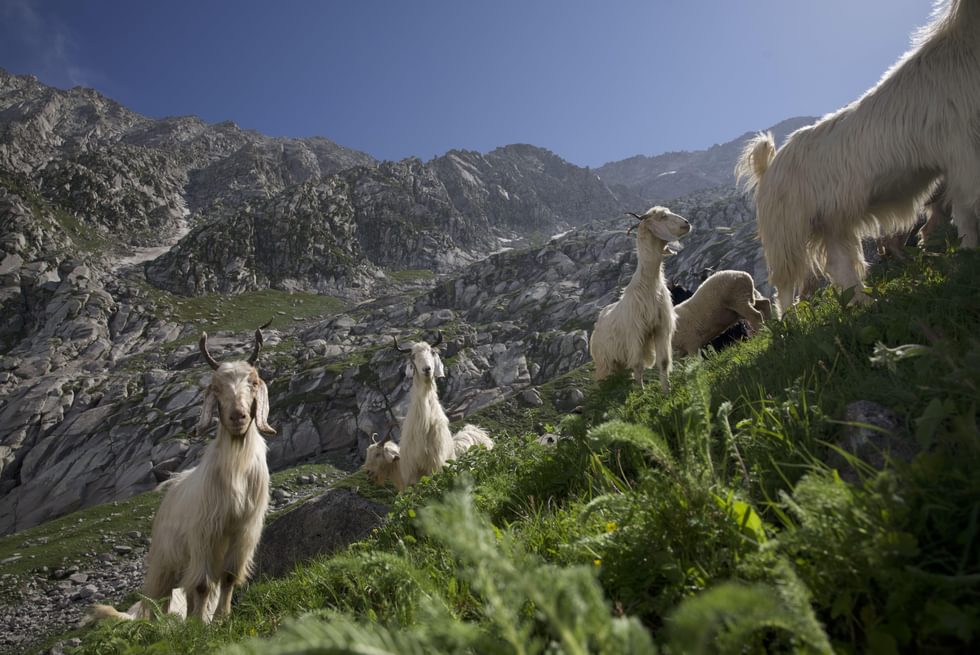Section One: Reflecting on Distress
From the Series: Teaching Ecological Distress
From the Series: Teaching Ecological Distress

Ogden, Laura A. 2021. Loss and Wonder at the World’s End. Durham, N.C.: Duke University Press.
Students in a course on “The Anthropocene” I convene at the University of Sydney identify Laura Ogden’s Loss and Wonder at the World’s End as a crucial resource for thinking and feeling their way through the realities and ruptures of ecological distress. In this ethnographic and archival foray into multispecies (un)worldings of the Fuegian Archipelago, loss and wonder center the concomitant situatedness and interconnectedness of biodiversity loss, colonial incursions, and more-than-human emergence, together with their affective toll on the peoples and places subject to anthropogenic violence. Loss and wonder invite students to consider in a reflexive and ethnographic mode how emotions including grief, rage, fear, and anxiety, and artistic endeavors including films, installations, and performances, shape how we relate to, and become curious about, other beings and futures, all the while interrogating the presumed universality of the Anthropocenic “we.” They bring us to ask: what more-than-human beings do we rub with in everyday life, and what forms of enchantment do these encounters enable? How do ecosystemic losses materialize and intersect with individual experiences of ecological distress? How might differently situated practices of wonder be harnessed to challenge the systems of power and privilege that determine where one world ends and another begins?
My work examines the impact of urban fires and the role of eco-anxiety in Cape Town, South Africa, in shaping contemporary climate policies. In ‘Eco-anxiety and Climate Urgency’ (Chance 2022), I outline differing responses and levels of urgency ascribed to conflagrations among citizens, scientists, and officials. I characterize eco-anxiety not merely as an alleged public fear and affective state within popular discourses, but also as a set of political strategies and tactics. I use the term “eco-anxiety governance” to describe efforts to manage or profit from that mood and against particular subjects. Questions for the class to consider are: (1) How do risks and impacts from global environmental change differ across urban populations? (2) What strategies and tactics do the world’s most precarious communities forge in relation to emerging forms of climate governance?
Following these steps, bring the class back to a large group discussion. Discuss the following questions:
Chance, Kerry Ryan. 2022. “Eco-Anxiety and Climate Urgency in the Mother City.” Transition 133, no. 1: 179–201.